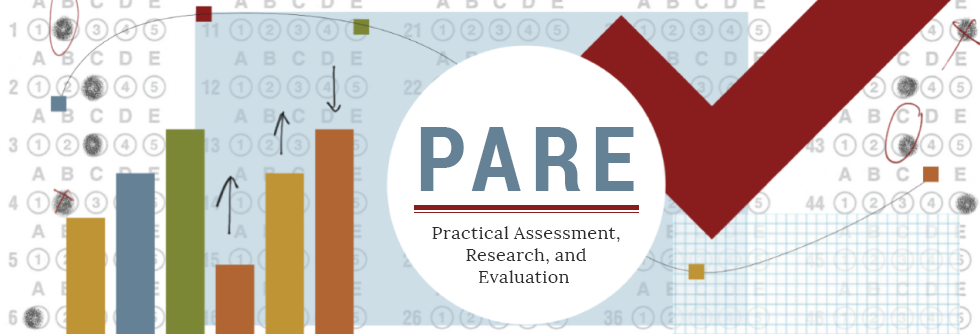What is authorship, and what should it be? A survey of prominent guidelines for determining authorship in scientific publications
- Jason W. Osborne
- Abigail Holland
Abstract
Before the mid 20th century most scientific writing was solely authored (Claxton, 2005; Greene, 2007) and thus it is only relatively recently, as science has grown more complex, that the ethical and procedural issues around authorship have arisen. Fields as diverse as medicine (International Committee of Medical Journal Editors, 2008), mathematics (e.g., American Statistical Association, 1999), the physical sciences (e.g., American Chemical Society, 2006), and the social sciences (e.g., American Psychological Association, 2002) have, in recent years, wrestled with what constitutes authorship and how to eliminate problematic practices such as honorary authorship and ghost authorship (e.g., Anonymous, 2004; Claxton, 2005; Manton & English, 2008). As authorship is the coin of the realm in academia (Louis, Holdsworth, Anderson, & Campbell, 2008), it is an ethical issue of singular importance. The goal of this paper is to review prominent and diverse guidelines concerning scientific authorship and to attempt to synthesize existing guidelines into recommendations that represent ethical practices for ensuring credit where (and only where) credit is due. Accessed 16,706 times on https://pareonline.net from July 20, 2009 to December 31, 2019. For downloads from January 1, 2020 forward, please click on the PlumX Metrics link to the right.
Keywords: Educational Research
How to Cite:
Osborne, J. W. & Holland, A., (2009) “What is authorship, and what should it be? A survey of prominent guidelines for determining authorship in scientific publications”, Practical Assessment, Research, and Evaluation 14(1): 15. doi: https://doi.org/10.7275/25pe-ba85
Downloads:
Download PDF
View PDF
4188 Views
221 Downloads
